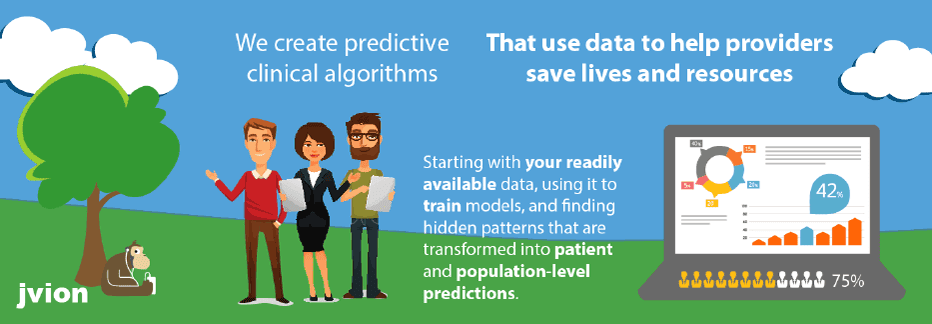Most of us enter hospitals to get better;
to heal. But the sad reality of the current healthcare system is that some
patients actually end up getting worse in healthcare facilities – close to
400,000 deaths every year can be attributed to preventable harm.
By smart integration of healthcare predictiveanalytics, hospitals can cut these numbers down drastically. Intelligent healthcare solutions use the
power of artificial intelligence to track patients on a high-risk trajectory,
alerts caregivers in time, and even recommend patient-specific interventions to
change the predicted negative outcome.
Here are 3 scenarios of preventable harm
that is been positively impacted by predictive healthcare solutions –
- Hospital-acquired conditionsThousands die each year, and many more suffer continued ill-health due to medical errors. Some of these preventable conditions are falls, pressure injuries such as ulcers, or infections which can occur even in a professional environment.Healthcare machinelearning has enabled caregivers to be alerted regarding patients who might be heading towards such an event.
- Healthcare-associated infections (HAIs)An understaffed and overworked hospital scenario often leads to patient deterioration due to HAIs. Infection prevention policies suffer when time and resources are stretched, and this leads to a situation where vulnerable patients are exposed to new infections.Healthcare Predictive Analytics sees into the future state of each patient and identifies those who are more at risk of contracting these infections. The clinical AI system also passes on recommendations to caregivers to avoid the HAIs altogether.
- ReadmissionsMany patients –especially the ones with chronic illnesses – are at higher risk of readmission after being discharged. Most of these do so because of preventable causes such as a fall at home, missed medications, limited access to a pharmacy, or undesirable lifestyle or food habits. A
Healthcare AI models assess
a host of environmental, socio-economic and other personal attributes in
conjunction with patient health records to pinpoint people on a high-risk
trajectory for readmission and helps these patients stay on a healthy course.
